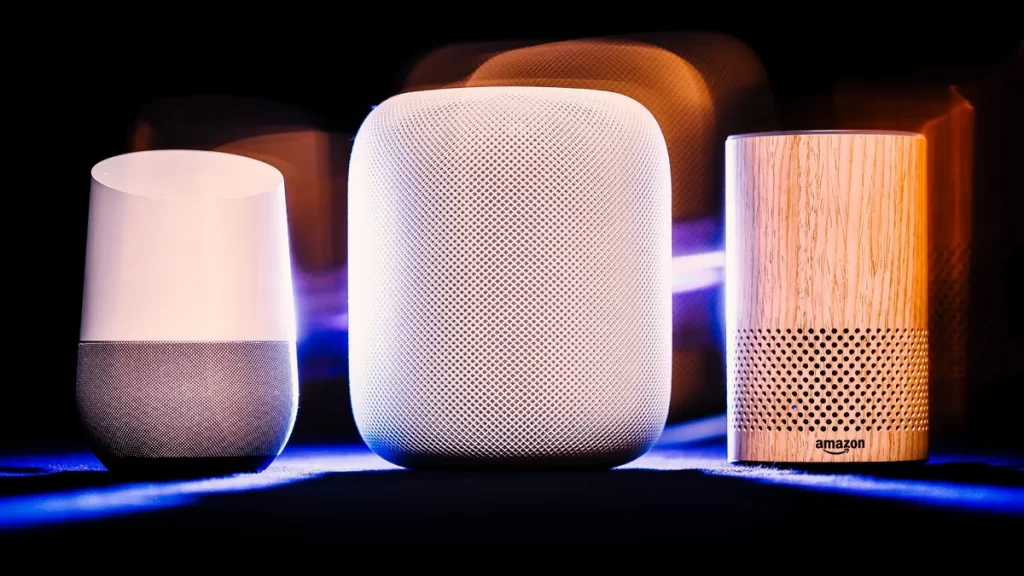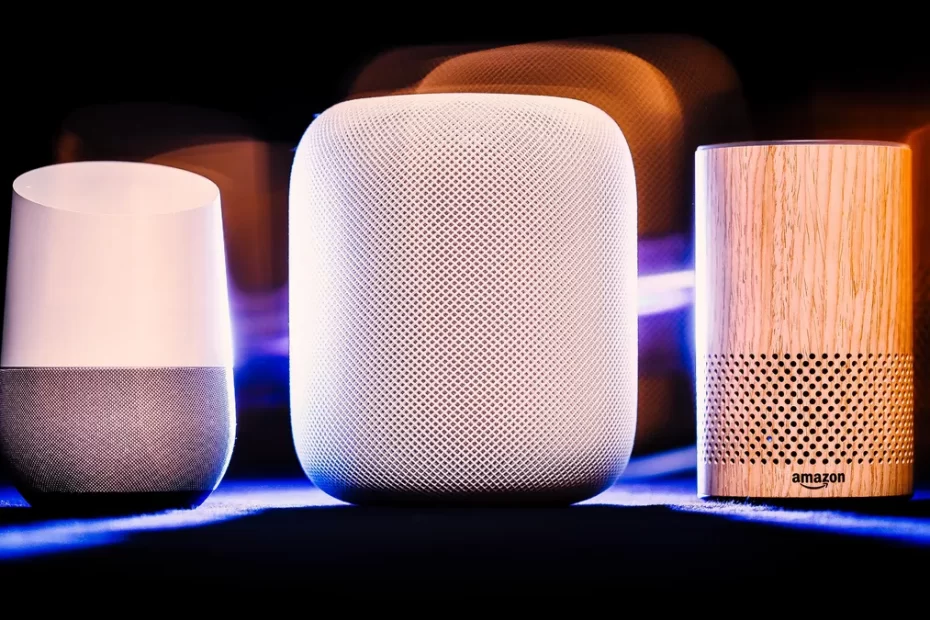Voice assistant technology has transformed the way we interact with our devices, making daily tasks easier and more efficient than ever before. But with so many options available—Google Assistant, Amazon Alexa, Apple Siri, Samsung Bixby—how do you choose the right one for your needs?
In this article, we’ll compare today’s most popular voice assistants, explore their features, and help you decide which voice assistant is best suited for your lifestyle and devices.

🔍 What is a Voice Assistant?
A voice assistant is a smart software tool powered by artificial intelligence that responds to voice commands. It can play music, set reminders, control smart home devices, check the weather, and even answer questions—all hands-free. Voice assistants are integrated into smartphones, smart speakers, TVs, cars, and more.
🧠 Popular Voice Assistants Compared
| Assistant | Best For | Compatible With | Strengths |
|---|---|---|---|
| Google Assistant | Android users, Smart home control | Android, Google Nest, iOS | Powerful AI, broad integrations |
| Amazon Alexa | Smart homes, IoT devices | Echo devices, Android, iOS | Huge skill library, smart home hub |
| Apple Siri | Apple ecosystem users | iPhone, iPad, Mac, HomePod | Deep Apple integration, privacy |
| Samsung Bixby | Samsung device owners | Galaxy phones, TVs, smartwatches | On-device features, visual commands |
👥 Which Voice Assistant Is Right for You?
Choosing the right voice assistant depends on your lifestyle, device ecosystem, and personal preferences. Here’s a deeper look at which assistant suits whom:
🔗 For Android Lovers: Google Assistant
If you’re already using Android devices, Google Assistant is a natural fit. It syncs beautifully with Google services like Calendar, Maps, and Gmail. It’s also one of the smartest assistants when it comes to answering general knowledge questions or providing contextual suggestions.
🍏 For Apple Enthusiasts: Siri
For iPhone, iPad, and Mac users, Siri is the go-to assistant. It’s baked deep into Apple’s ecosystem and offers features like Handoff, AirPlay control, and device continuity. Plus, it’s a top choice if privacy is important to you.
🏠 For Smart Home Fans: Amazon Alexa
Alexa shines in smart home environments. With thousands of “skills” and compatibility with countless smart devices, it can control your entire home by voice. From turning on lights to ordering groceries, Alexa is the most versatile in home automation.
📺 For Samsung Users: Bixby
Bixby is ideal for Samsung fans. It offers unique features like image recognition and contextual awareness. It integrates well with Samsung’s hardware lineup, especially smart TVs and appliances.
🎯 Key Criteria When Choosing a Voice Assistant
Don’t just go with the most popular name. To pick the voice assistant that’s perfect for you, consider the following factors carefully:
📱 Compatibility with Your Devices
Choose a voice assistant that integrates smoothly with your existing gadgets. Siri is made for Apple products, while Google Assistant and Alexa work across multiple platforms. Bixby is exclusive to Samsung. The better the ecosystem match, the smoother your experience.
💡 Pro Tip: The more compatible your voice assistant is with your devices, the more powerful and helpful it becomes.
🔒 Privacy and Data Security
Voice assistants are always listening—so it’s crucial to understand how your data is collected and stored. Apple focuses on on-device processing and user privacy, whereas Google and Amazon use cloud-based systems to improve responsiveness and personalization.
If data security is a priority for you, look into the privacy policies of each voice assistant.
🌍 Language Support and Localization
Make sure your preferred voice assistant supports your language and dialect. Google Assistant and Siri offer strong Turkish support, while Alexa and Bixby are still limited in non-English languages. This is key for voice recognition accuracy and usability.
🤖 AI Intelligence and Personalization
Some voice assistants learn from your behavior over time. Google Assistant excels in predictive suggestions. Alexa allows third-party skill installations for added functionality. The smarter the assistant, the more helpful it will be in anticipating your needs.
🔗 App and Service Integration
Look for integration with the apps and services you use every day. Spotify, Netflix, WhatsApp, Google Maps, and others are commonly supported. Ensure the assistant can launch, control, or interact with your favorite platforms.
📌 Conclusion
A voice assistant is more than just a digital helper—it’s an extension of how you manage your daily life. Whether you want to build a smart home, stay organized, or simply enjoy hands-free convenience, there’s a perfect voice assistant out there for you.
